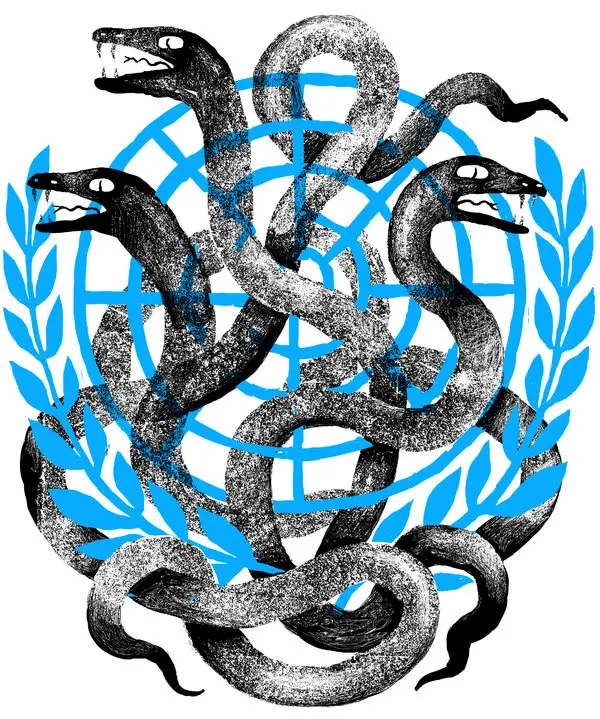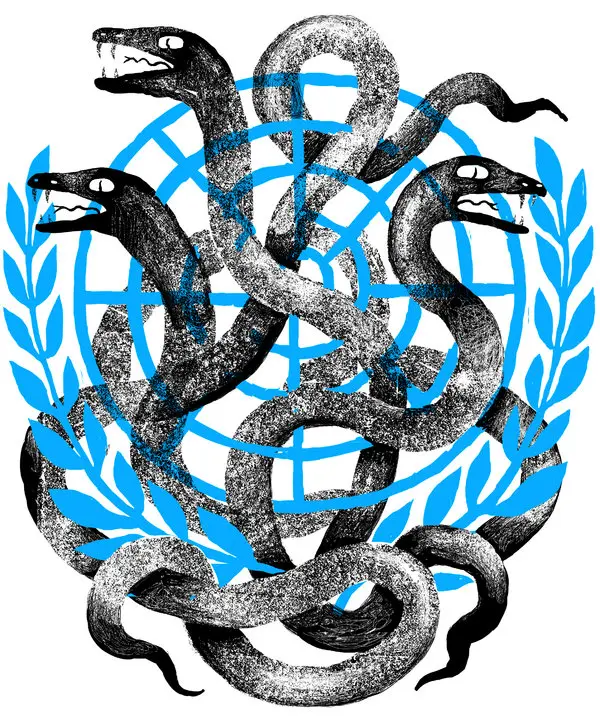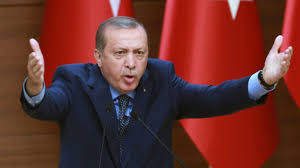It’s considered uncouth, or worse, these days to assign any sort of “national character” to peoples of different ethnic or geographical backgrounds. And we are well advised to not assume anything about any individual – say, to assume that a German will be punctual or a Canadian, polite. But meticulousness is a prominent aspect of German society; and civility, a notable Canadian middah. Anthropological and sociological cultural norms exist.
Yishmael is commonly perceived as the progenitor of some Arab peoples, an association that would seem to dovetail disturbingly with how Avraham’s first son is characterized in the parsha, as a “pereh adam,” an “unbridled man” given to violence (see Rashi, Beraishis 21:9), someone whose “hand is against all others” and, as a result, causes “all others’ hands to be against him”(ibid 16:12).
The striking savagery wrought by Arab terrorists, from the Hebron massacre of 1929 to October 7, 2023 (and countless attacks on innocents between those events) lend credence to the idea that Yishmael’s middah persists in our world.
Strikingly, the Muqaddimah, a famous 14th century text by Arab historian Ibn Khaldun, seems to agree with the Torah’s characterization of Yishmael. Ibn Khaldun engages in blunt judgments about various populations, including his fellow Arabs, who, he writes, are the most savage of people; he compares them to wild, predatory animals.
The notion that violence is tolerated in – or even embraced by – parts of the Arab world, more than in other societies, is evoked by the flags of some modern Arab states. That of the largest one, Saudi Arabia, features a sword (and the country’s official emblem, two crossed ones). Oman’s and Hamas’ flags also prominently feature swords. Hands clenching AK-47s are on the Fatah movement’s flag, which also includes the image of a hand grenade and is graced with a blood-red Arabic text that probably (just guessing here) doesn’t read “give peace a chance”.
The Palestinian Authority’s “national anthem,” called “Fida’i,” begins, “Warrior, warrior, warrior” and ends “I will live as a warrior, I will remain a warrior, I will die as a warrior…”
No individual Arab should ever be assumed to be a violent person, of course. But a proclivity for violence seems to be part of Arab culture, a tragic reality noted not only by Ibn Khaldun but presaged by, lihavdil, the Torah.
© 2024 Rabbi Avi Shafran









